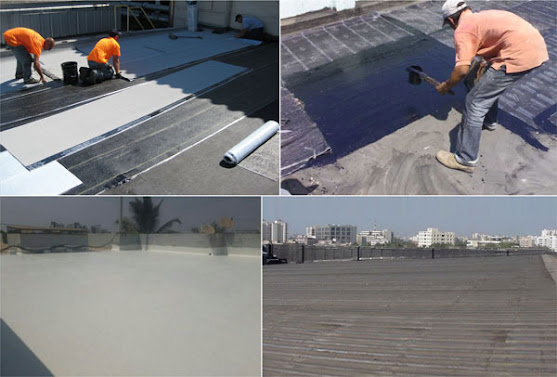What Are The Components Of Concrete
We will explore the components of concrete and how they work together to create a durable and versatile material. Construction chemical suppliers will discuss the different types of cement, aggregates, and admixtures used in concrete production, as well as their effects on the strength and durability of the finished product.
Finally, we will look at the different methods used to test the quality of concrete so that you can make an informed decision about the best material for your project. By the end of this article, you will better understand the different components of concrete and how they work together to create a robust and reliable material.
Concrete is a composite material composed of various components, including cement, aggregates, and multiple admixtures, blended in specific ratios to create a robust and durable material. As per the top waterproofing companies in India, concrete has become an invaluable part of modern construction, offering various structural and decorative uses in small and large-scale projects.
Concrete is a building material made from cement, aggregate (gravel and sand), water, and other additives combined and poured into molds or forms and allowed to harden.
Types of Concrete:
1. Ready-mix Concrete: Ready-mix concrete is prepared at a concrete plant and then delivered to the worksite in a cement mixer truck.
2. Roller-compacted Concrete: Roller-compacted concrete is a form of concrete made with a stiffer mix and then consolidated with a roller for a denser, more robust final product.
3. Shotcrete: Shotcrete is a type of concrete sprayed from a particular nozzle onto a surface or into a form.
4. Precast Concrete: Precast concrete is a type of concrete that is poured into a form at the concrete plant and then shipped to the worksite in its final form.
Different Components of Concrete and their Functions
1. Aggregates are the most crucial component of concrete and make up the bulk of the mixture. They provide strength, stability, and structural integrity to the concrete mix. Aggregates come in different types, such as sand, gravel, crushed stone, and recycled materials. Depending on the concrete mix, different types of aggregates can be used to enhance the strength and other properties of the material.
2. Cement is the binding agent in concrete and holds the other components together. It also helps to give the concrete mix its strength, workability, and durability. Different types of cement can be used for various applications, depending on the desired strength and other characteristics of the concrete.
3. Water is used to mix and activate the concrete ingredients. It helps to create the chemical reaction necessary for the material to harden and gain strength. Too much or too little water can affect the strength and other properties of the concrete.
4. Admixtures are added to the concrete mix to provide improved workability, increased temperature resistance, and chemical and biological agents. Admixtures can also reduce the amount of cement, water, and other materials required, thus making the concrete mix more economical.
How it Affects the Strength of Concrete
Cement is the crucial ingredient in concrete, which gives it its strength. Cement is a powdery substance made of limestone, clay, and other materials that are heated and ground into a fine powder. As per the best waterproofingcompany, this powder is mixed with water, sand, and gravel to create a paste that binds the materials together.
In conclusion, concrete is a highly durable and versatile material that consists of four essential components: cement, water, aggregate, and admixtures. Each concrete element impacts the material's durability, strength, and workability. Without one of concrete admixture manufacturers, concrete would not have the same properties and would not be as effective as it is today. Therefore, it is essential to understand the concrete components to use the material in construction projects properly.




Comments
Post a Comment